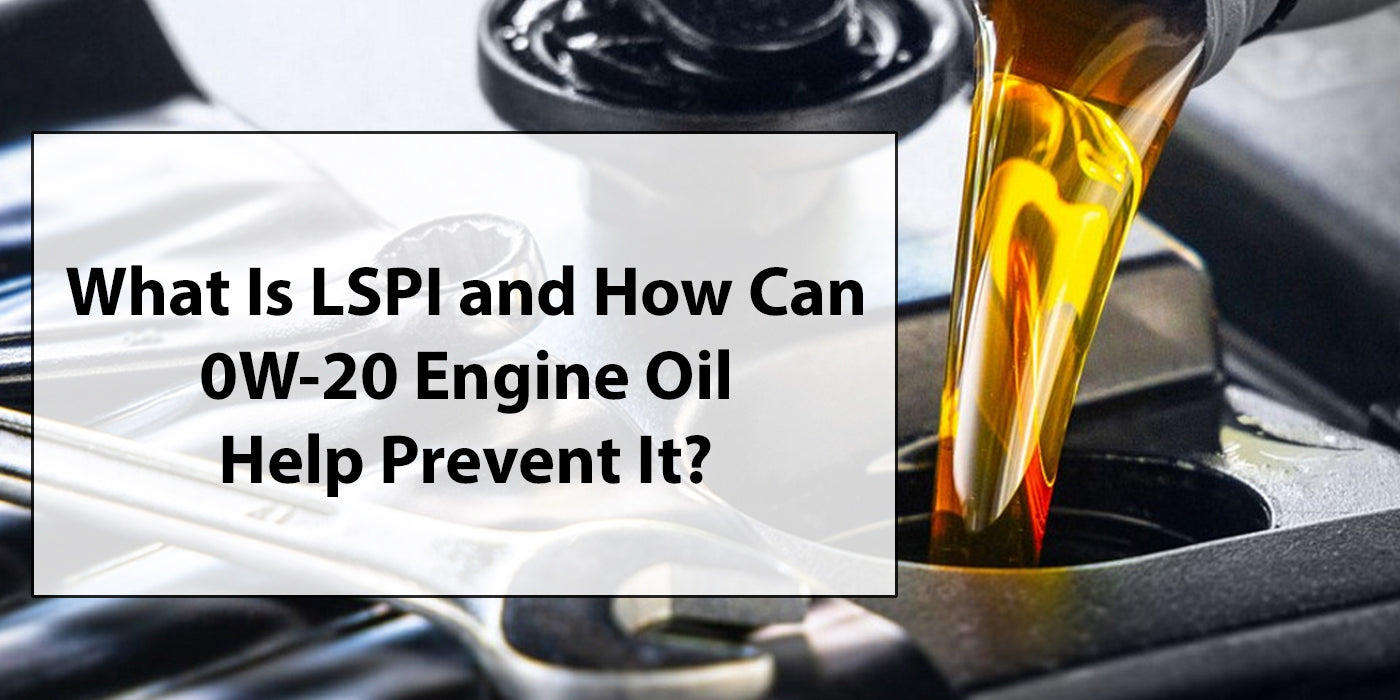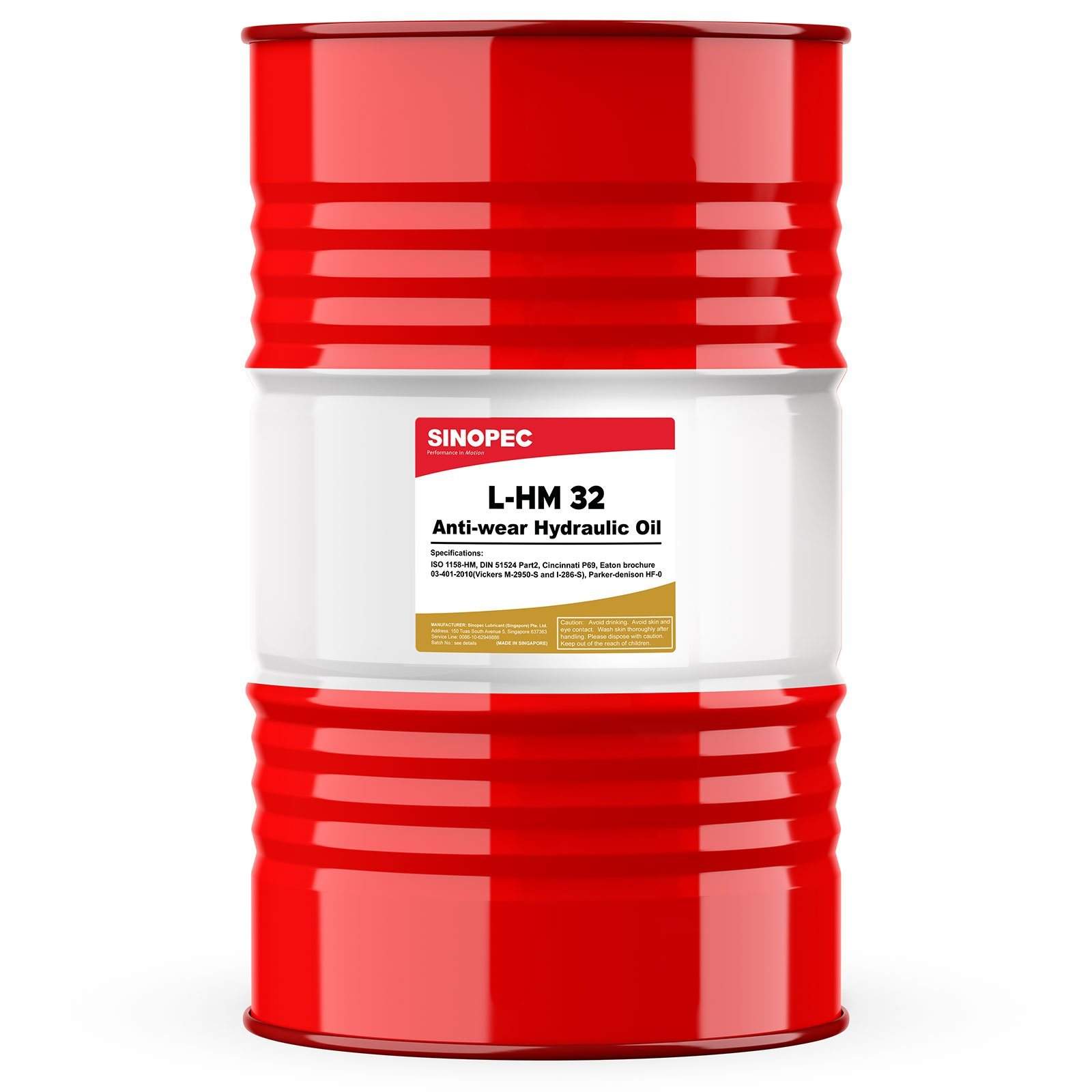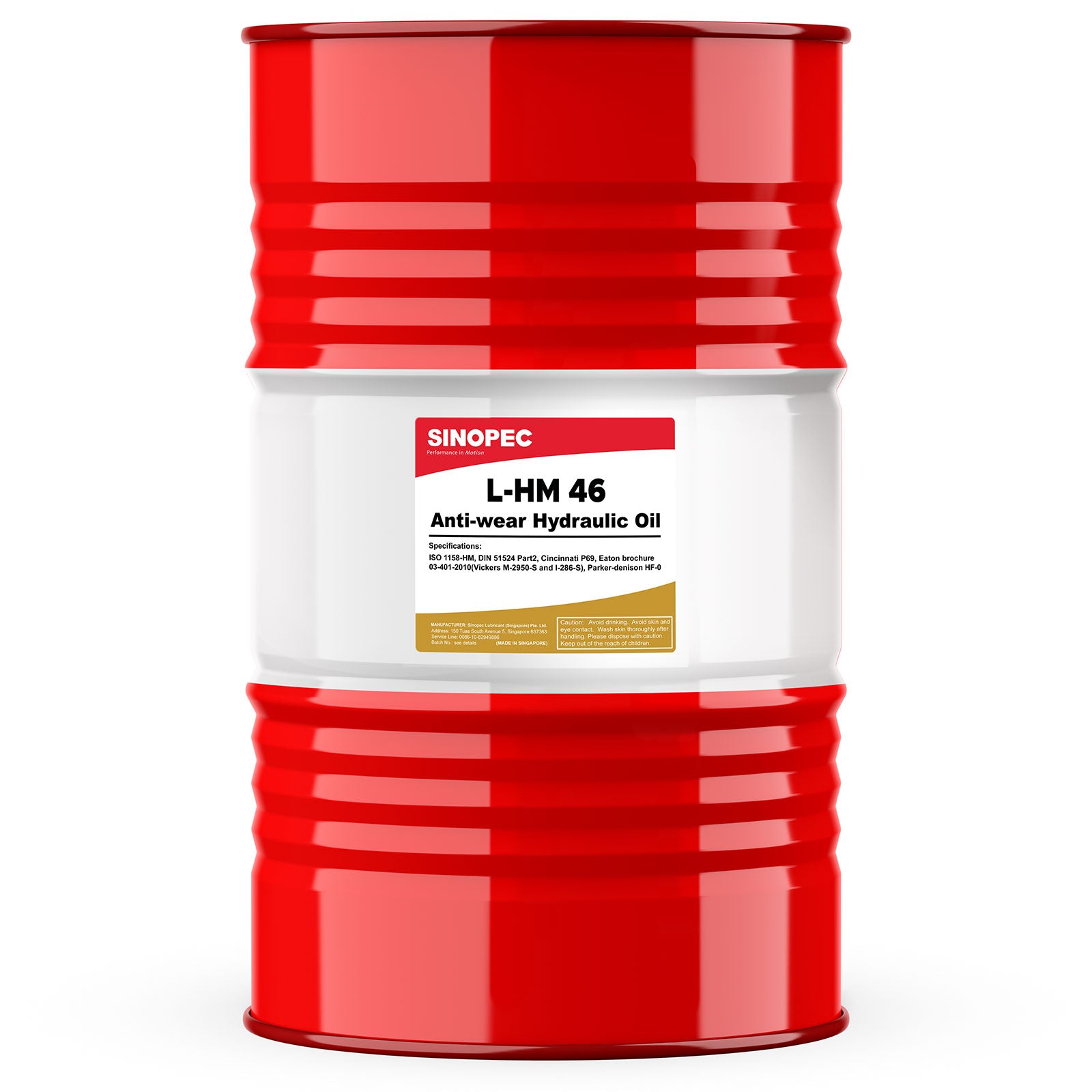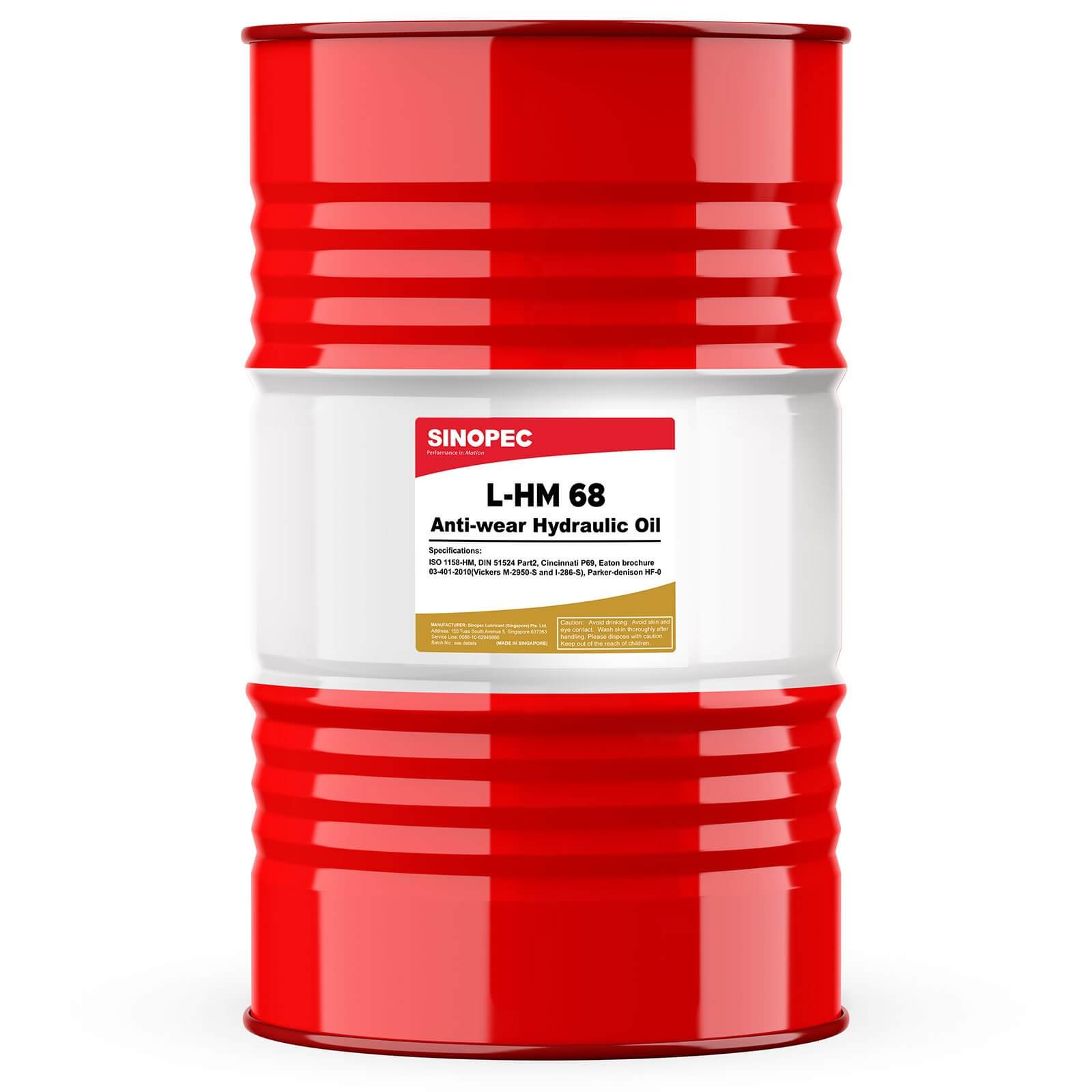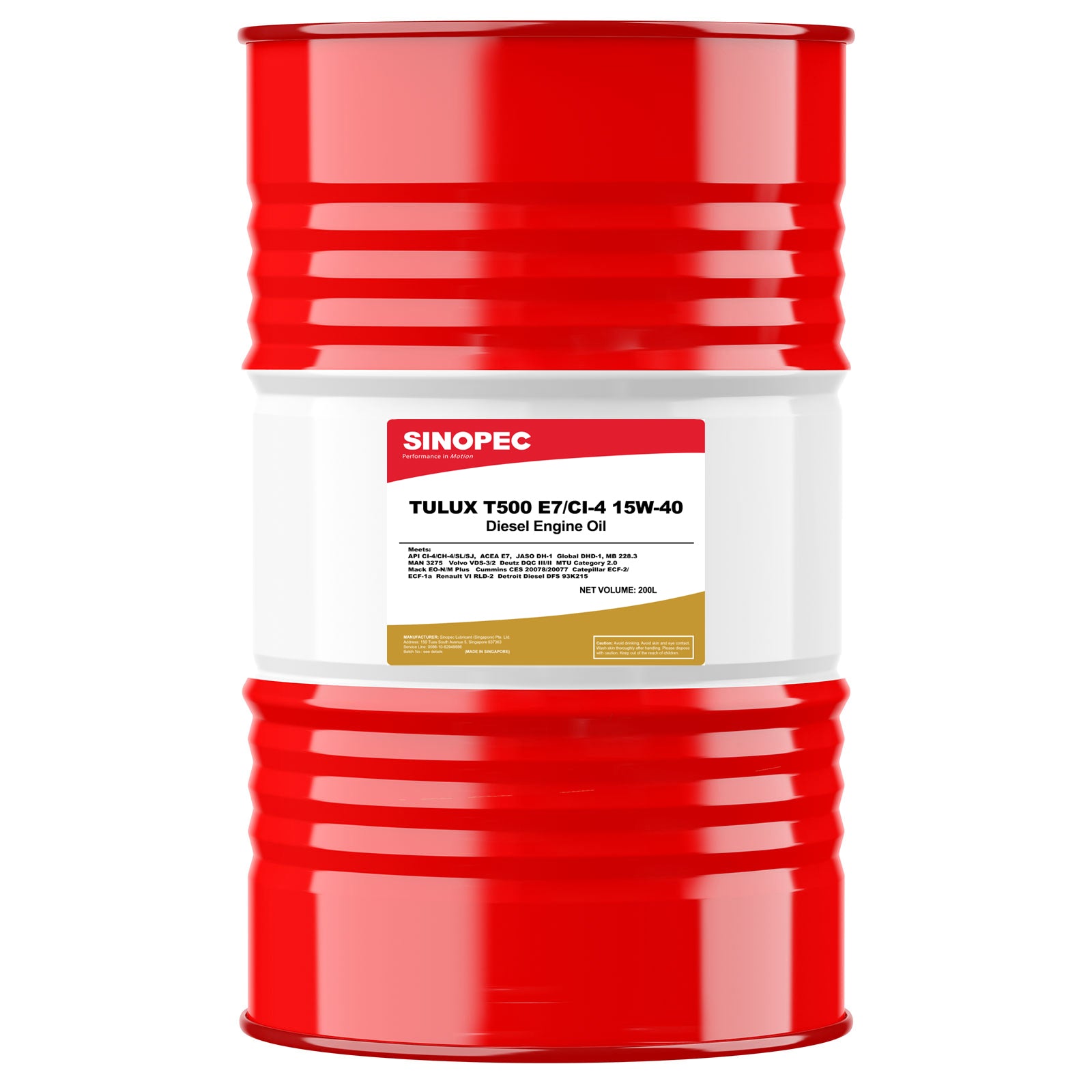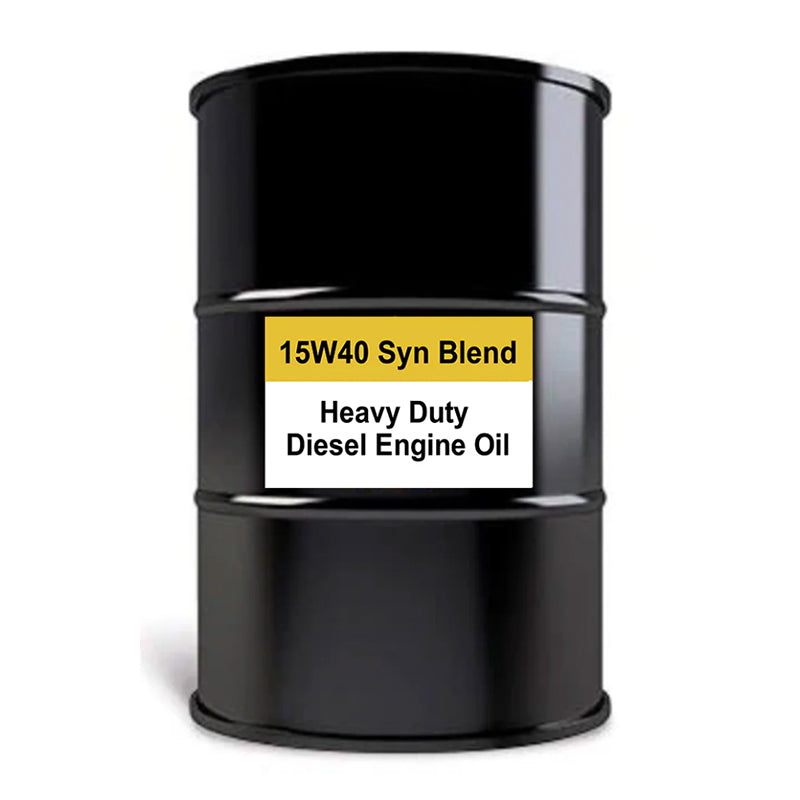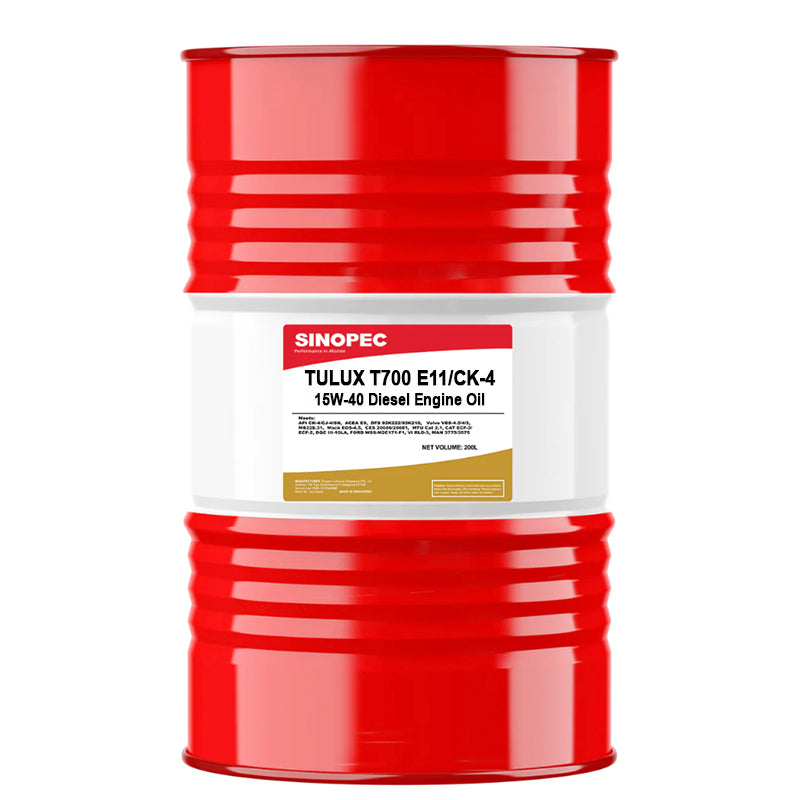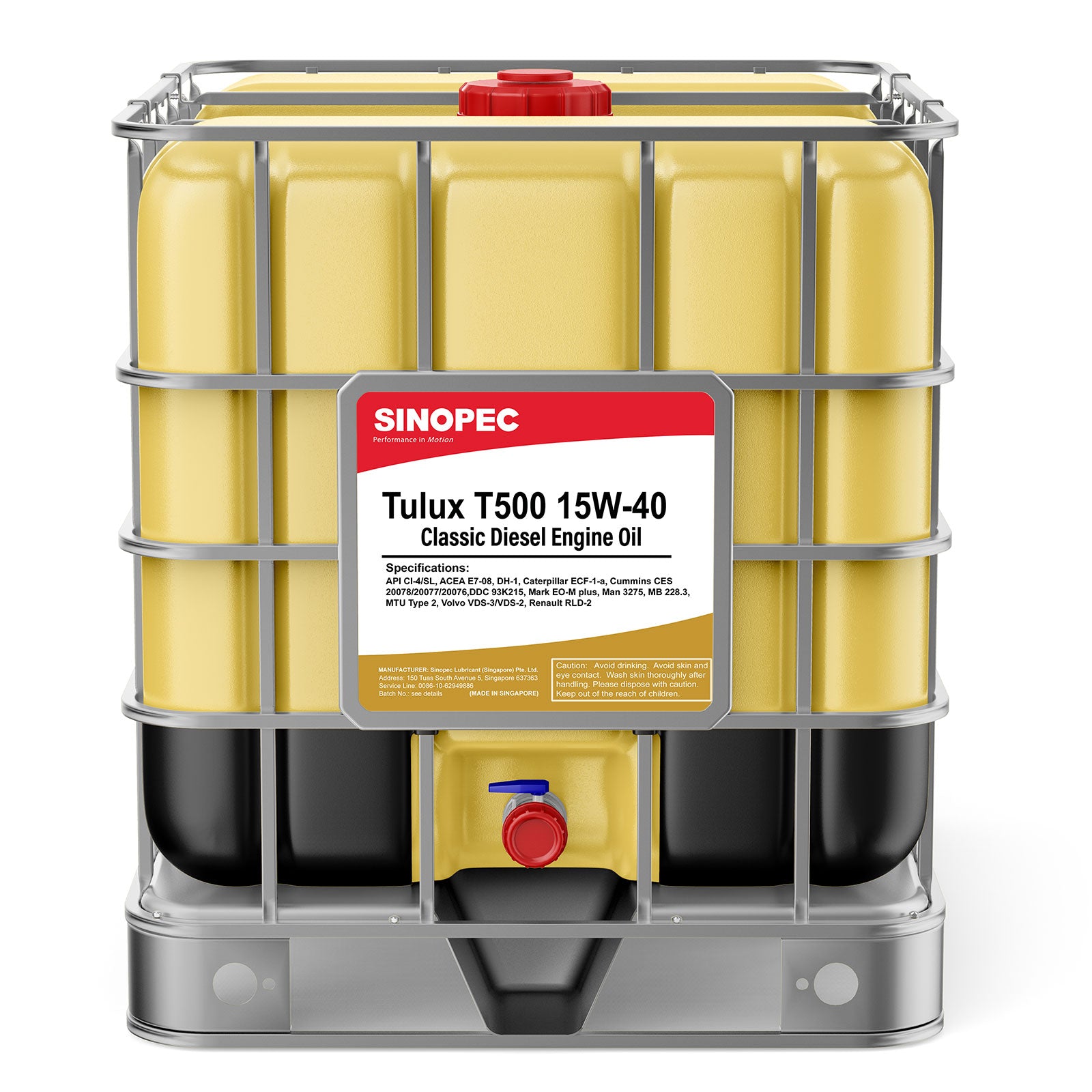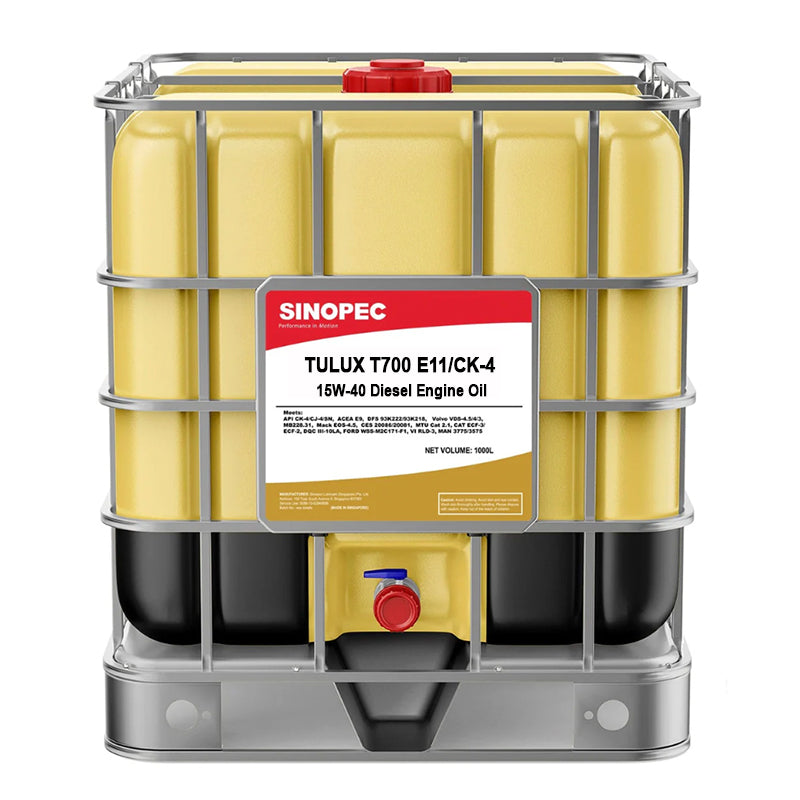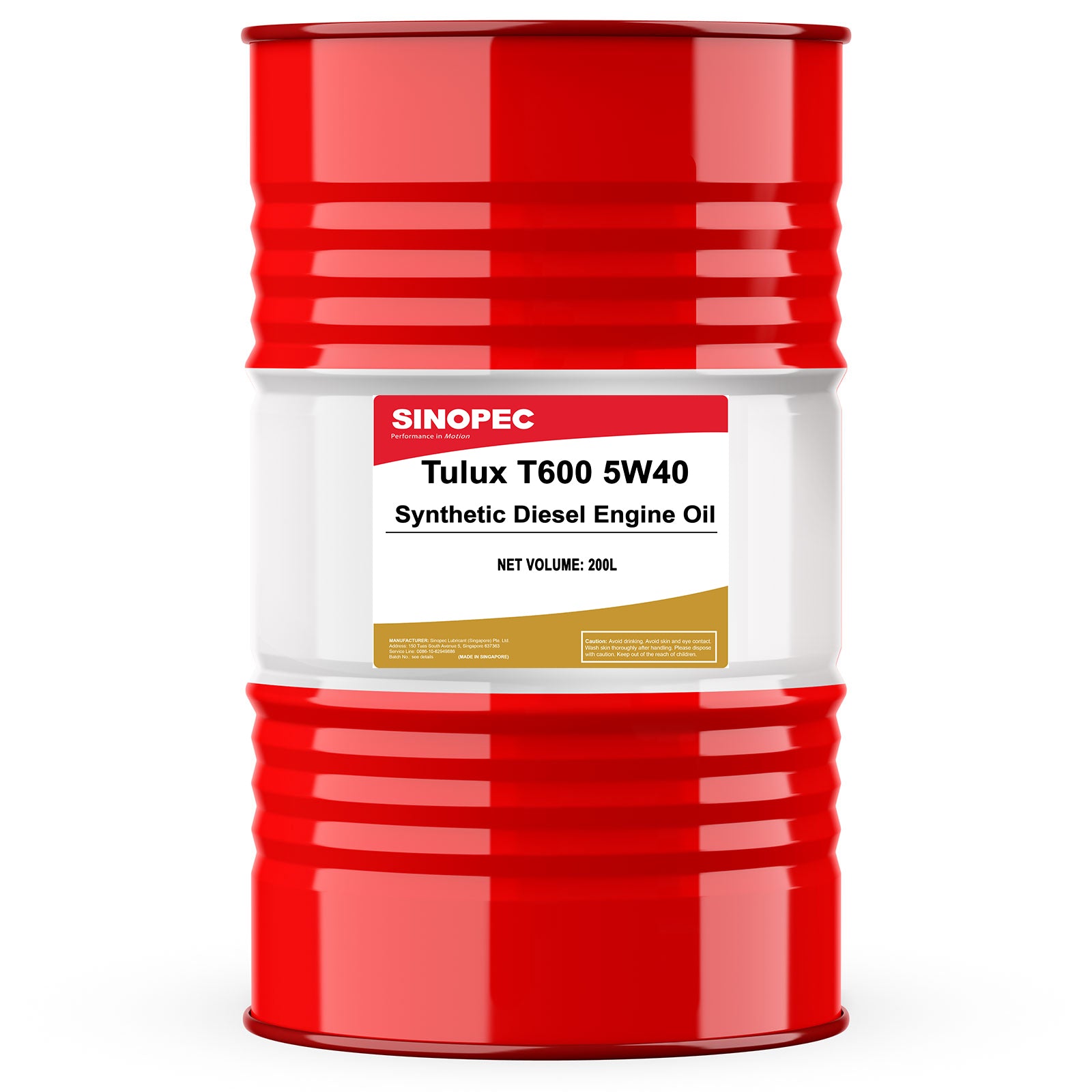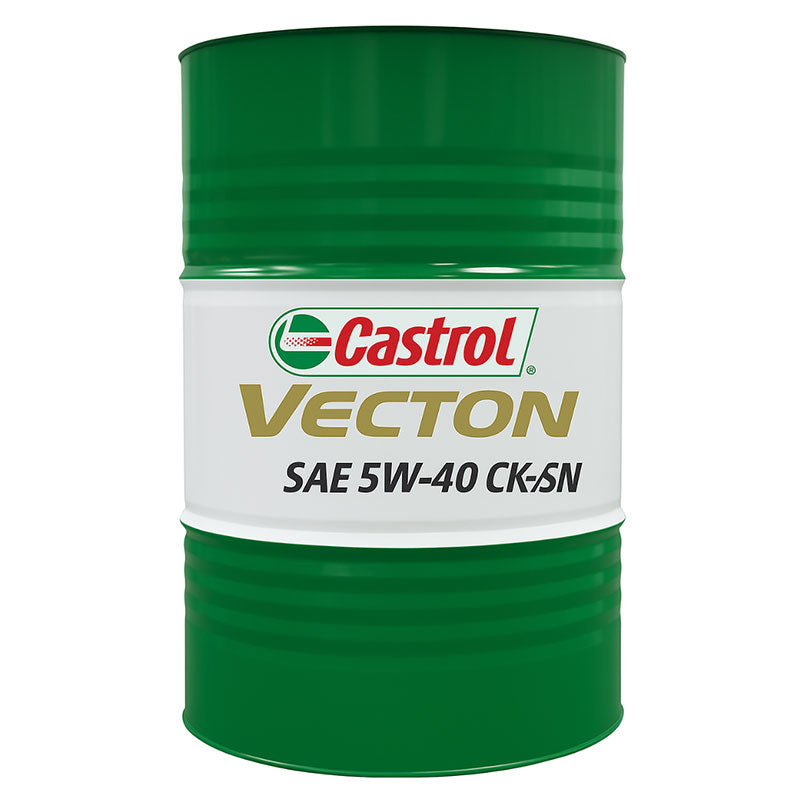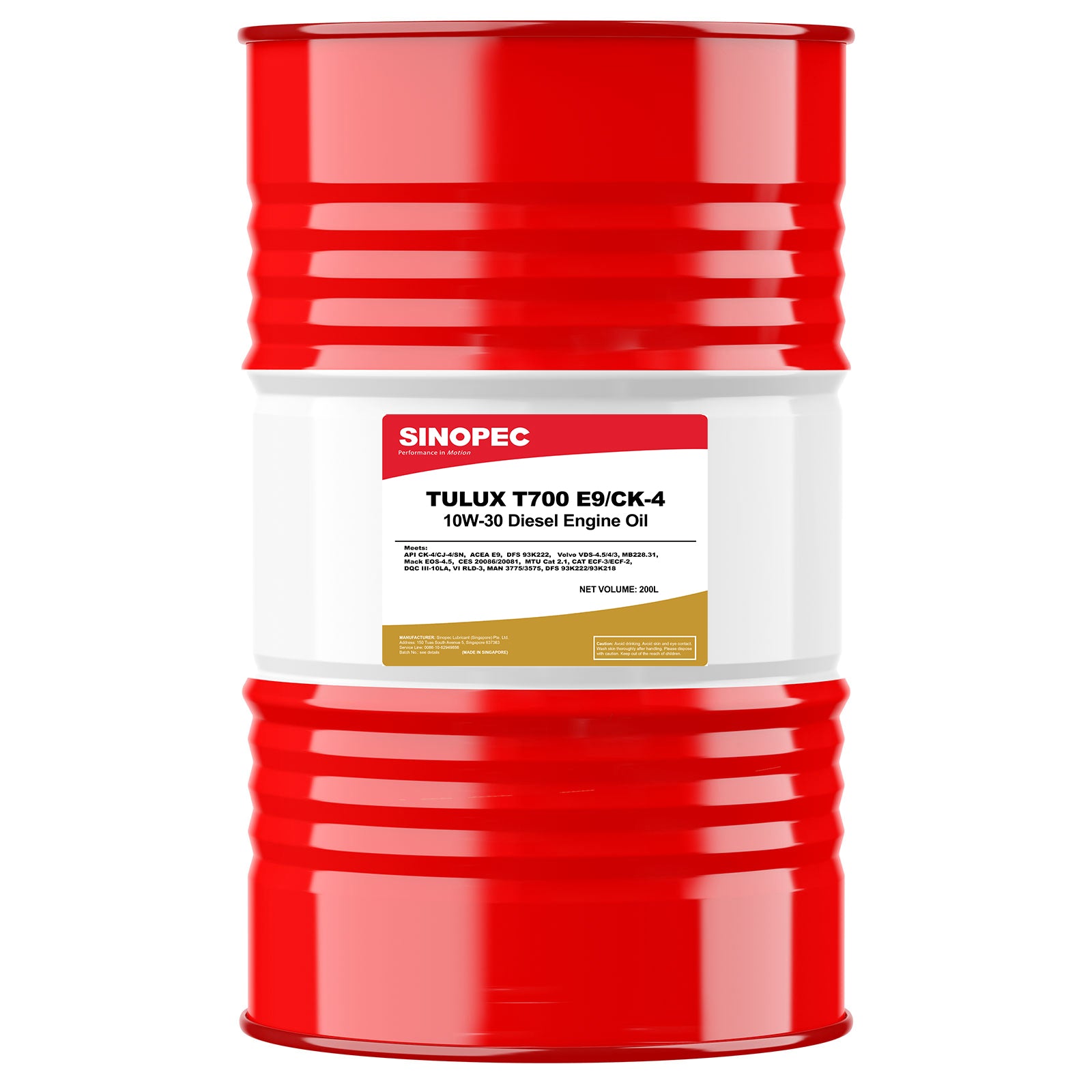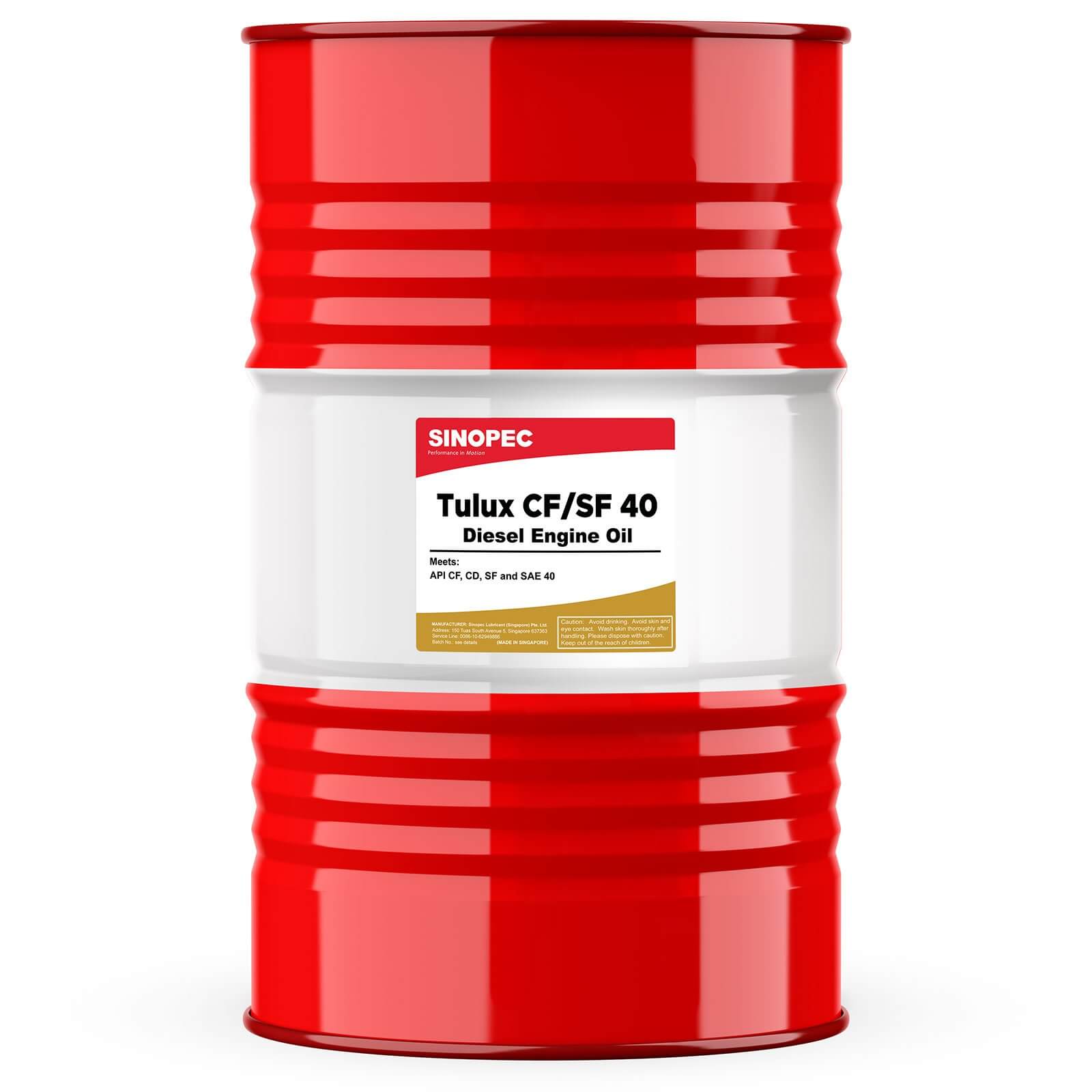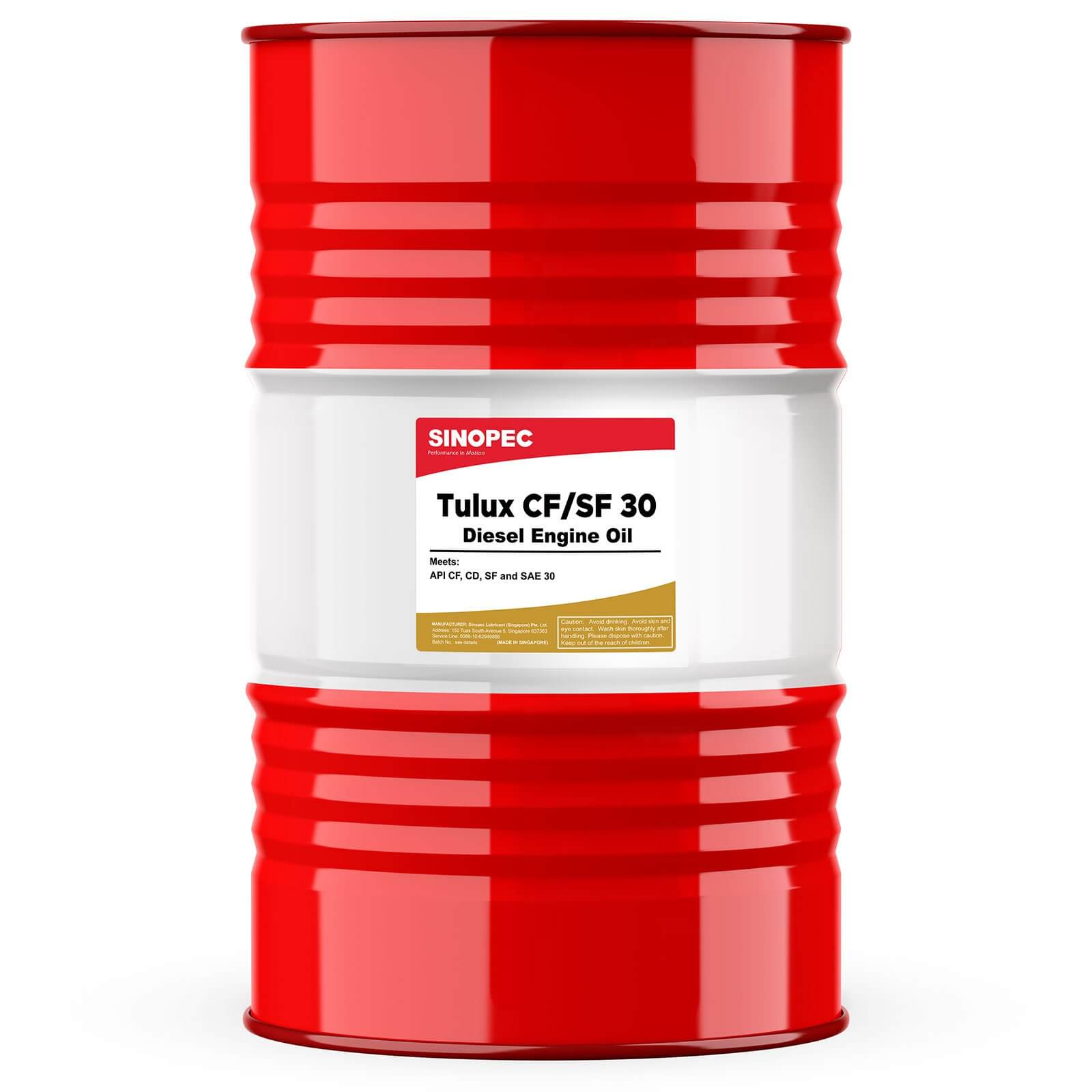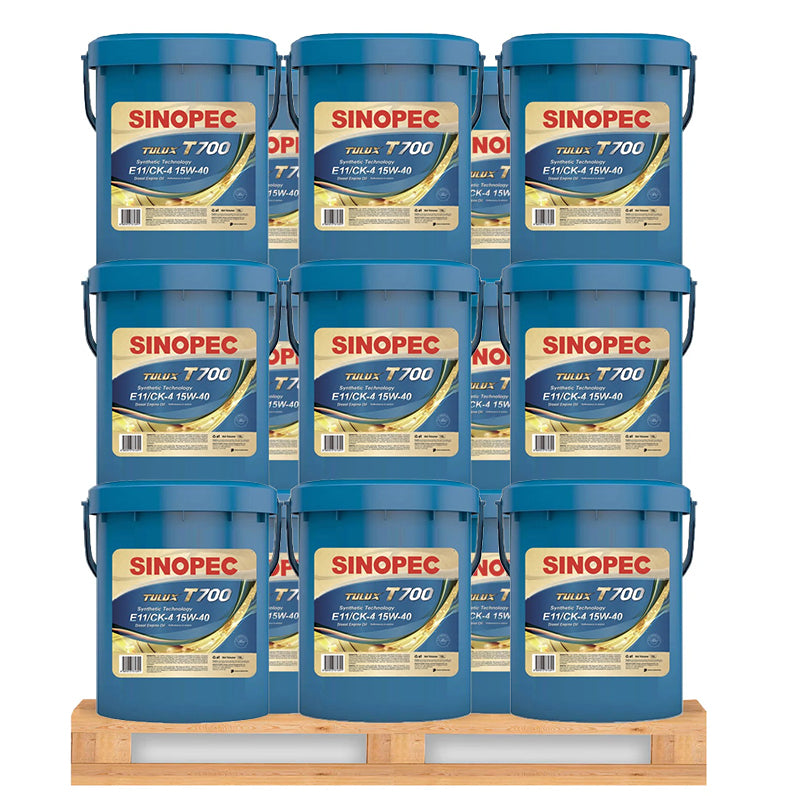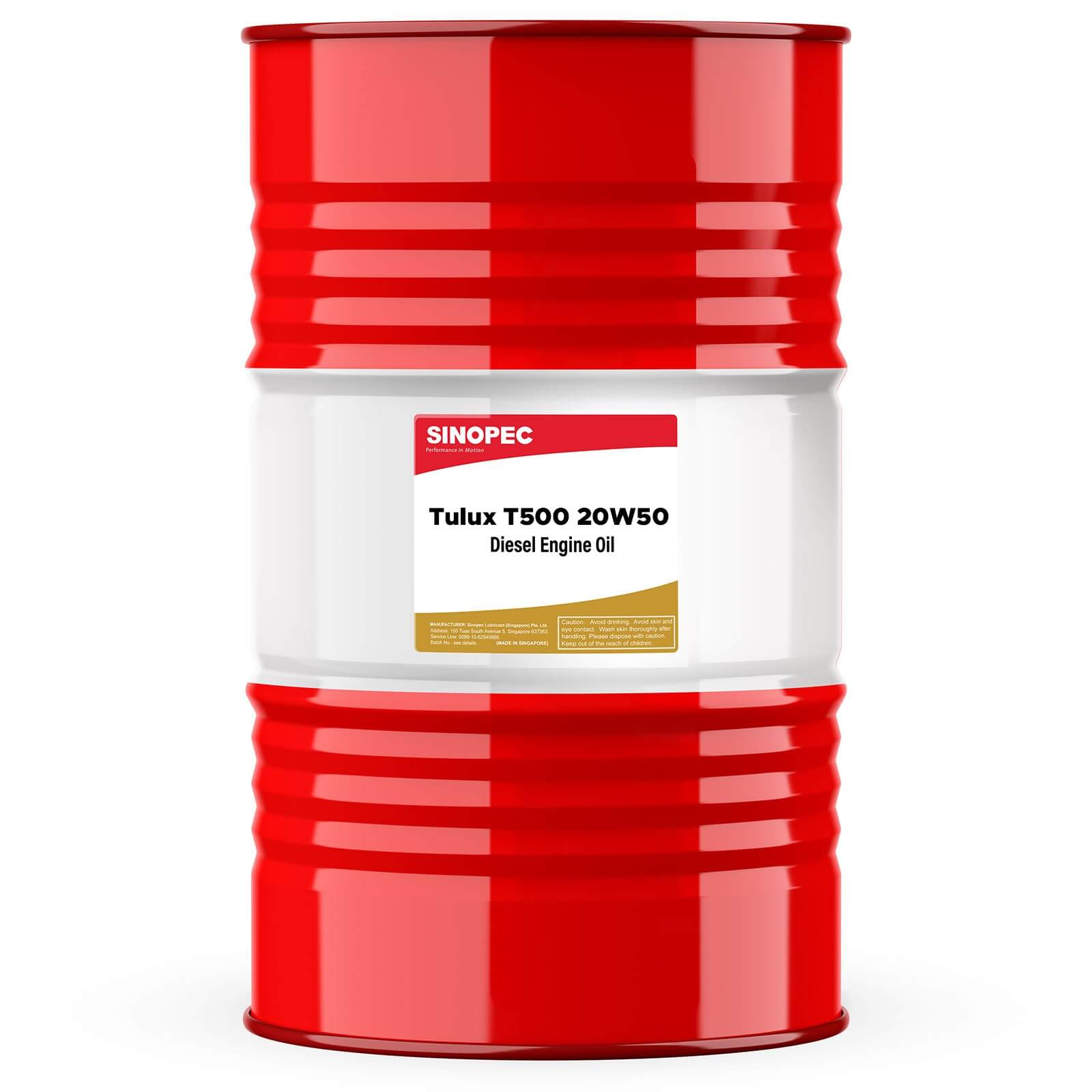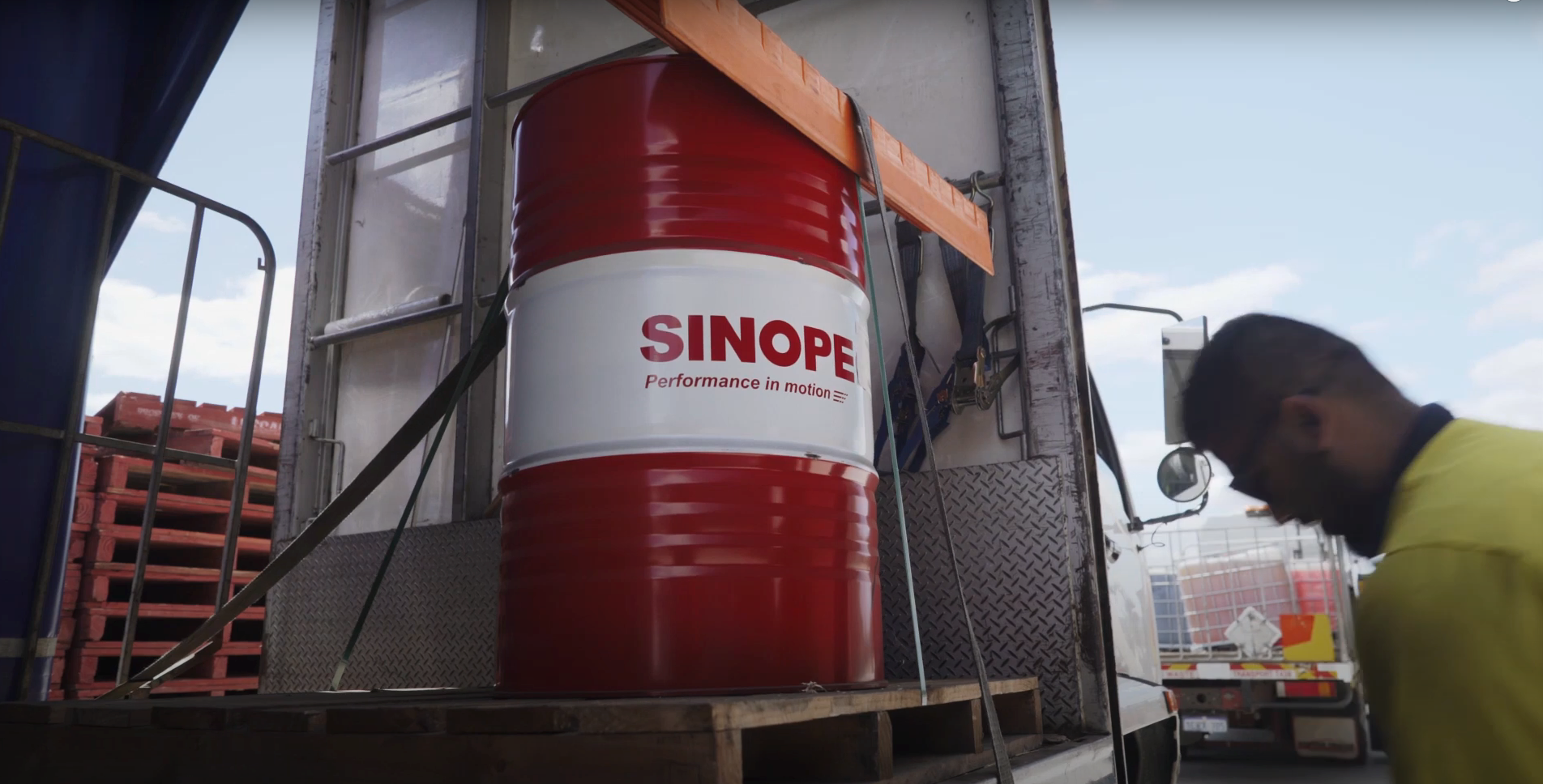As automotive technology advances, modern engines, especially turbocharged, direct injection gasoline engines are designed for better performance, fuel efficiency, and reduced emissions. But with these benefits comes a relatively new challenge: Low-Speed Pre-Ignition, or LSPI.
LSPI is not just a technical buzzword, it’s a serious engine problem that can cause severe damage if ignored. Fortunately, using high-quality, properly formulated 0W-20 full synthetic engine oil is one of the most effective ways to protect your vehicle.
⚠️ What Is LSPI (Low-Speed Pre-Ignition)?
LSPI is an abnormal combustion event that occurs in modern turbocharged gasoline direct injection (GDI) engines, usually at low engine speeds and high loads. Unlike traditional knock, LSPI causes the air-fuel mixture to ignite too early, often before the spark plug fires.
This premature ignition generates intense pressure inside the cylinder and can result in:
-
Piston damage.
-
Cracked piston rings.
-
Broken spark plugs.
-
Engine failure in severe cases.
Because LSPI happens unpredictably and violently, it’s especially dangerous for small, high-efficiency turbocharged engines that are now common in vehicles from Ford, Honda, Hyundai, and others.
🧪 What Causes LSPI?
The exact cause of LSPI is still under investigation, but researchers and automakers agree on some contributing factors:
-
Oil/fuel droplets entering the combustion chamber.
-
Certain calcium-based detergent additives in engine oil.
-
Engine designs with tight tolerances and high compression.
-
Excessive oil film on cylinder walls during low-speed, high-torque conditions.
These conditions are common in stop-and-go traffic or when accelerating from a low speed—right when drivers expect smooth power delivery.
🛢 How 0W-20 Full Synthetic Oil Helps Prevent LSPI
✅ 1. Advanced Additive Chemistry
Modern 0W-20 oils that meet API SP and ILSAC GF-6A standards are formulated with special LSPI-reducing detergents. For example, 0W-20 Full Synthetic Engine Oil uses a balanced additive system that minimizes calcium levels without compromising engine cleanliness.
✅ 2. Stable Viscosity Under High Pressure
0W-20 oils maintain proper film strength even in tight, high-pressure combustion chambers. This ensures that oil doesn’t contribute to pre-ignition events by leaking into the chamber and combusting.
✅ 3. Cleaner Combustion
Because 0W-20 synthetic oil resists oxidation and deposit formation, it helps keep your engine internals clean—reducing the chances of fuel/oil mixture anomalies that lead to LSPI.
✅ 4. Tested and Approved by Automakers
Leading manufacturers now require LSPI protection in their oil specifications. Oils like Sinopec 0W-20 Full Synthetic – 55 Gallon Drum meet:
-
API SP (includes LSPI testing)
-
Ford WSS-M2C962-A
-
GM dexos1 Gen 2
These specifications test for and certify LSPI performance.
🚘 Which Vehicles Are Most at Risk?
LSPI mainly affects vehicles equipped with:
-
Turbocharged Gasoline Direct Injection (TGDI) engines.
-
High compression 4-cylinder engines.
-
EcoBoost or similar fuel-saving designs.
Common examples include:
-
Ford F-150 with EcoBoost.
-
Chevrolet Cruze, Malibu.
-
Hyundai Sonata, Elantra.
-
Mazda SkyActiv engines.
If your vehicle falls in this category, using a properly formulated synthetic oil is essential to prevent damage.
🏆 Choosing the Right Oil Matters
Not all 0W-20 oils are created equal. To reduce LSPI risk, make sure your oil is:
-
Full synthetic.
-
API SP or SN PLUS certified.
-
ILSAC GF-6A approved.
-
Specifically designed for modern, high-compression engines
👉 Shop 0W-20 Full Synthetic Engine Oil – 55 Gallon Drum
Ideal for auto shops, fleets, and high-volume maintenance operations.
LSPI is a silent engine killer, but it’s one you can easily prevent with the right oil. As engine designs continue to evolve, 0W-20 full synthetic oil formulated to prevent LSPI isn’t just a smart option, it’s a critical requirement.
By choosing a premium product like our 0W-20, you’re investing in:
-
Long-term engine health.
-
Reliable performance.
-
Lower maintenance costs.
-
Peace of mind on the road.

